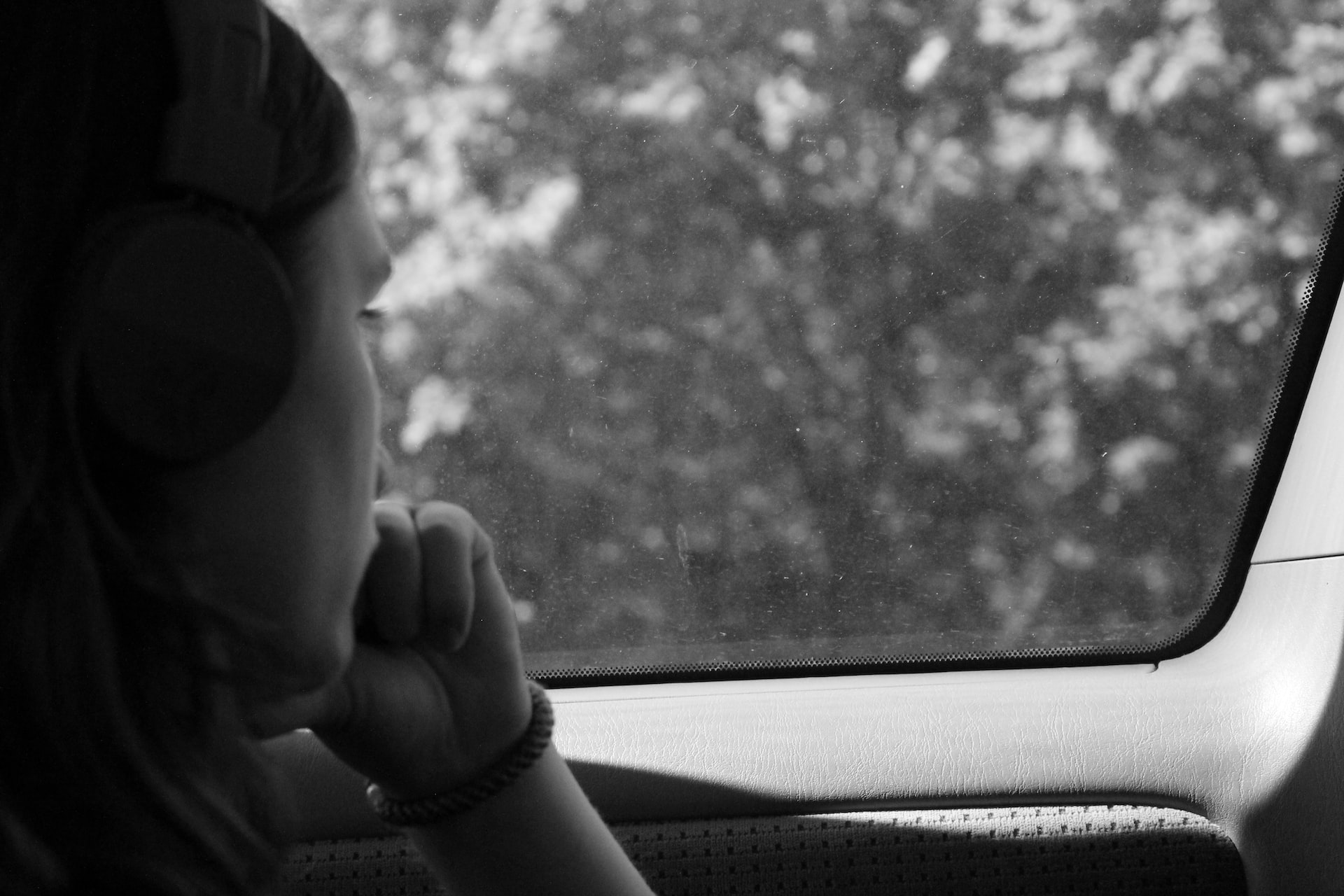Being involved in an accident can have devastating effects on both your physical and mental health. During this time, it is important to practice self-care and not overlook or neglect your basic needs.
Surrounding yourself with good people and working closely with healthcare specialists will also increase your chances of feeling better sooner. On top of this, you may want to consider making a personal injury compensation claim, as the impact the accident may have had on your health could’ve been costly.
To help you through this difficult time, we’re going to give you some support and guidance on how to cope with the trauma you may be experiencing.
Coping with Emotional Trauma
Emotional trauma can be just as disabling as a physical injury, however it may be easier to mask or ignore. It’s important to look after your mental health during recovery, so below we’re going to run through some of the ways you can do this…
Talk to Someone
After an accident, friends and close family can provide a great support network during this difficult time. It may also be worth talking to a therapist, as they are qualified in helping people manage their trauma with the intention of it leading to a healthier lifestyle.
Remember, you shouldn’t feel ashamed or scared to reach out and talk to someone if you’re feeling low; your friends and relatives are always going to be there for you just as you would be there for them.
Speak to Your GP
Often, if a victim of an accident hasn’t sustained any physical injuries, they may fail to seek any medical help. However, it is important to consider that your mental wellbeing is just as important as your physical health.
It is also fairly common for people who have been in an accident to experience mental health symptoms due to the trauma they may experience after. It is therefore strongly advised to seek help and support from a doctor. A doctor can prescribe you medication that may alleviate some of your symptoms, as well as refer you to a mental health specialist.
Focus on Your Wellbeing
Sticking to daily routines can make you feel more positive and help you regain control over your life. Maintaining regular exercise can also make you feel happier, as it releases endorphins into your system, as well as helping you manage your symptoms better and reduce pain.
For more information on the types of exercise you can do safely, speak to your GP.
Coping with Physical Injuries
With the right knowledge, support, and self-care, you can overcome an injury after without it having devastating effects on your lifestyle. Below, we are going to look at some ways to improve your physical health and cope with the setback…
Learn about Your Injury
Firstly, it’s important to do your research about the injury you’ve sustained, as this will help you understand how you can look after yourself better. You should inquire about things such as what your diagnosis is and what this means for you, as well as your treatment options and how long recovery will take.
Additionally, you should look into warning signs you may be getting worse so that if your health was to decline, you could get yourself checked out quickly.
Set Appropriate Goals
During recovery, it’s essential that you don’t push yourself too far too soon, as this can actually make you feel worse. To stop this from happening, it is important to be aware of and respect your limit,s and then set yourself small and realistic goals.
Setting yourself appropriate goals will not only keep you active and committed to getting better, but it will also feel incredibly rewarding when you conquer them.
Stay Committed to Treatment
Surrounding yourself with close friends and family and working closely with your doctor will increase your chances of staying committed to recovery and treatment. It’s important during this time that you look after both your mind and body and don’t neglect any basic needs. Practicing self-care and virtues, such as patience, will mean you’re more likely to feel motivated to getting better.
Coping with Trauma After an Accident
Recovering from an accident is no easy thing to do, so you should try and be as open with your close friends and relatives as you can. Sticking to daily routines and activities, practicing self-care, and working closely with your doctor will improve both your physical and mental health at this time.
Therefore, it is important not to neglect your basic needs at this time. For more information on the help and support available, visit the After Trauma website, which has a wealth of resources for trauma survivors.
Please be advised that this article is for general informational purposes only, and should not be used as a substitute for advice from a trained medical professional. Be sure to consult a medical professional or healthcare provider if you’re seeking medical advice, diagnoses, or treatment. We are not liable for risks or issues associated with using or acting upon the information on this site.

